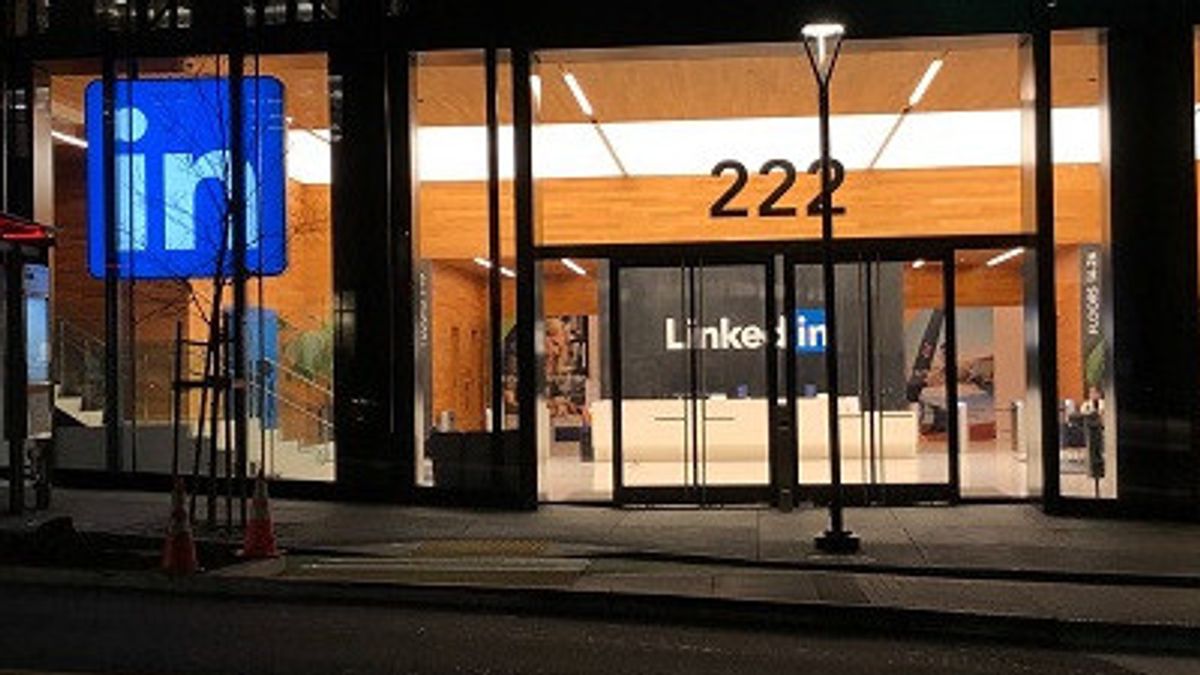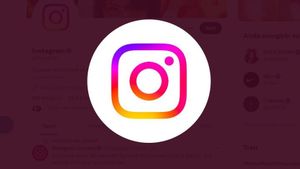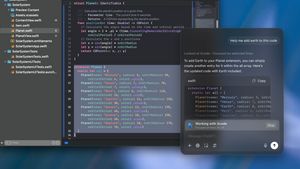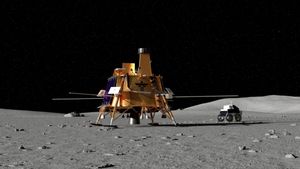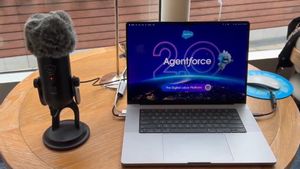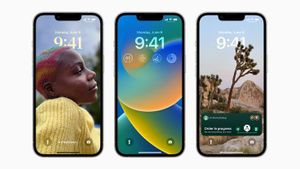JAKARTA - When you visit LinkedIn, of course you are looking for a job, and hope that your connections or friends on social networks can help. However, this turned out to be not the best choice.
A classified study has been conducted by researchers from LinkedIn applied research scientist Karthik Rajkumar and MIT graduate student Guillaume Saint-Jacques.
In an experiment involving 20 million users, LinkedIn tweaked its algorithm by randomly varying how many strong and weak connections it recommended to users on the "People You May Know" tab.
The first test was conducted in 2015 to four million users, the second batch in 2019, included 16 million users.
The study over a five-year period showed that having weaker connections did help people find new jobs than stronger ones.
In addition, the study also reveals which types of connections are most important to job seekers. Published in Science, the results show people with only 10 connections are more productive when looking for work than those with more than 20 connections.
SEE ALSO:
In fact, people who have received more recommendations from their weak connections are much more likely to get a job than those recommended by their strong connections.
“We found that these fairly weak ties are the best option for helping people find new jobs and more so than stronger ties,” LinkedIn researcher Karthik Rajkumar told the New York Times quoted by The Independent, Wednesday, September 28.
However, questions arise about users' personal data because they may not know that they are being included in the test.
However, LinkedIn says that it adheres to its user agreement, privacy policy, and company member settings, even though many users do not read the terms and conditions when using the website, which is long and full of complex language.
"We are transparent with our members through our research section of our user agreement," said a LinkedIn spokesperson.
The English, Chinese, Japanese, Arabic, and French versions are automatically generated by the AI. So there may still be inaccuracies in translating, please always see Indonesian as our main language. (system supported by DigitalSiber.id)
